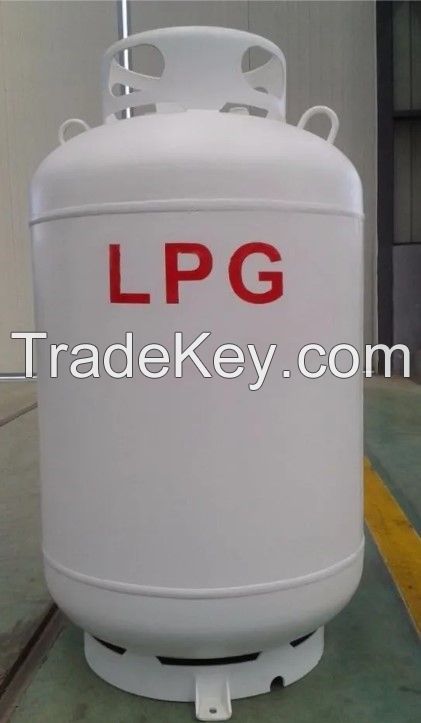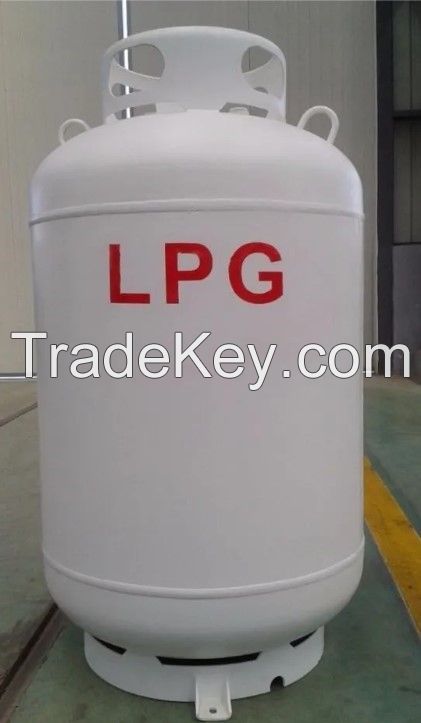详情
LPG - Liquefied Petroleum Gas GOST 20448-90 -:
Liquefied petroleum gas (LPG), also called LPG, GPL, LP Gas, liquid
petroleum gas or simply propane, is a flammable mixture of
hydrocarbon gases used as a fuel in heating appliances and
vehicles.is a clean-burning fossil fuel that can be used to power
internal combustion engines. LPG-fueled vehicles can produce
significantly lower amounts of some harmful emissions and the
greenhouse gas carbon dioxide (CO2). LPG is usually less expensive
than gasoline, it can be used without degrading vehicle
performance, and most LPG used in U.S. comes from domestic
sources.
The availability of LPG-fueled light-duty passenger vehicles is
currently limited. A few light-duty vehicles—mostly larger trucks
and vans—can be ordered from a dealer with a prep-ready engine
package and converted to use propane. Existing conventional
vehicles can also be converted for LPG use. Since propane is stored
as a liquid in pressurized fuel tanks rated to 300 psi, LPG
conversions consist of installing a separate fuel system if the
vehicle will run on both conventional fuel and LPG or a replacement
fuel system for LPG-only operation.
Propane Fuel Basics
Also known as liquefied petroleum gas (LPG) or autogas, propane is
a clean-burning, high-energy alternative fuel thats been used for
decades to power light-, medium- and heavy-duty propane
vehicles.
Propane is a three-carbon alkane gas (C3H8). It is stored under
pressure inside a tank and is a colorless, odorless liquid. As
pressure is released, the liquid propane vaporizes and turns into
gas that is used for combustion. An odorant, ethyl mercaptan, is
added for leak detection.
Advantages of LPG
90% of propane used in U.S. comes from domestic sources.
Less expensive than gasoline.
Potentially lower toxic, carbon dioxide (CO2), carbon monoxide
(CO), and nonmethane hydrocarbon (NMHC) emissions.
Disadvantages of LPG
Limited availability (a few large trucks and vans can be special
ordered from manufacturers; other vehicles can be converted by
certified installers).
Less readily available than gasoline & diesel.
Fewer miles on a tank of fuel.
Fuel Economy and Performance
Typically in fleet applications, propane costs less than gasoline
and offers a comparable driving range to conventional fuel.
Although it has a higher octane rating than gasoline rating (104 to
112 compared with 87 to 92 for gasoline), and potentially more
horsepower, it has a lower Btu rating than gasoline, which results
in lower fuel economy.


